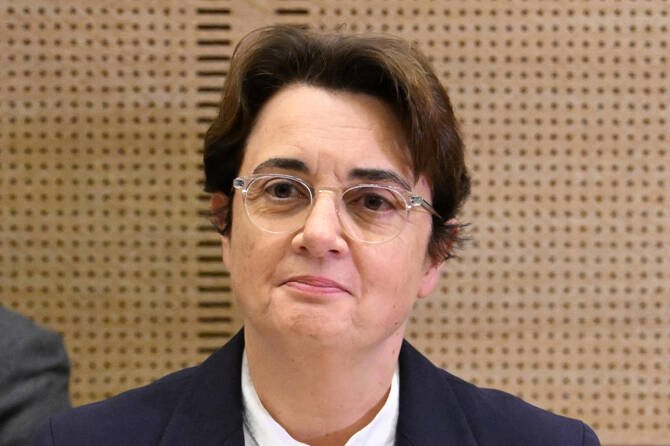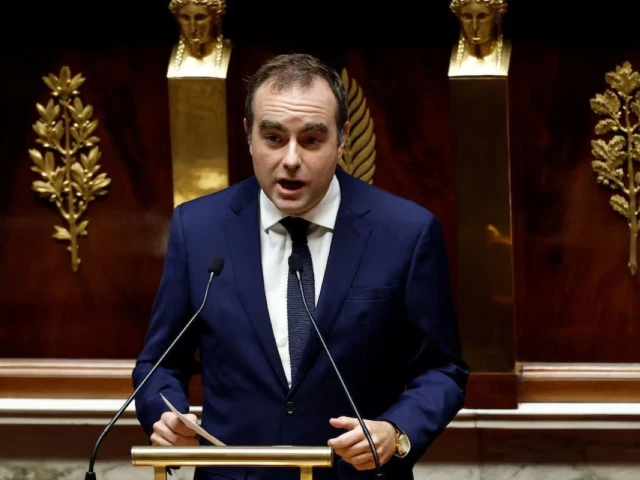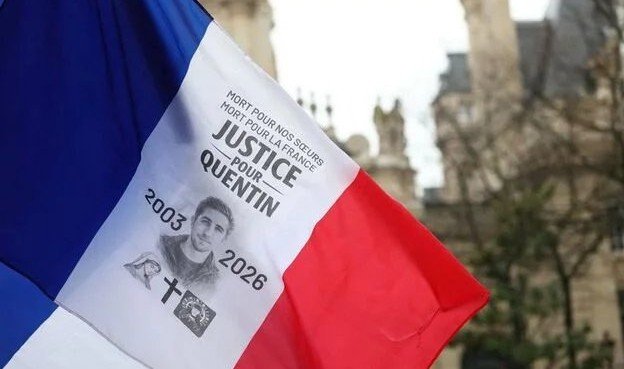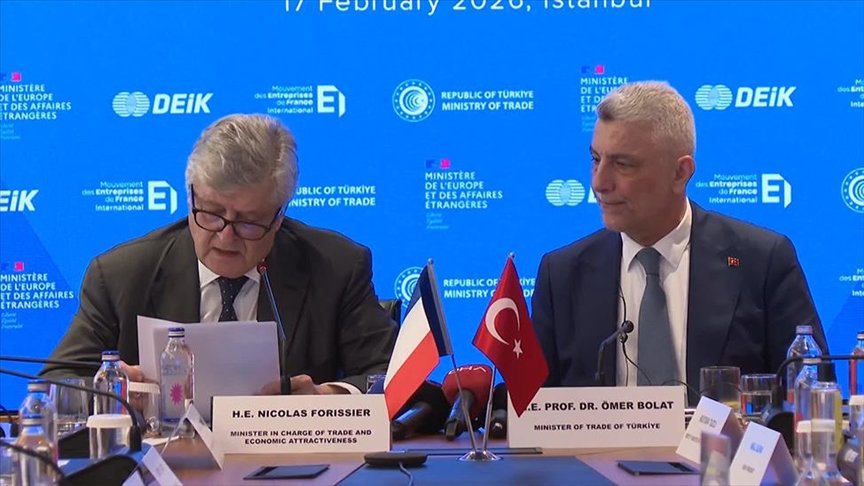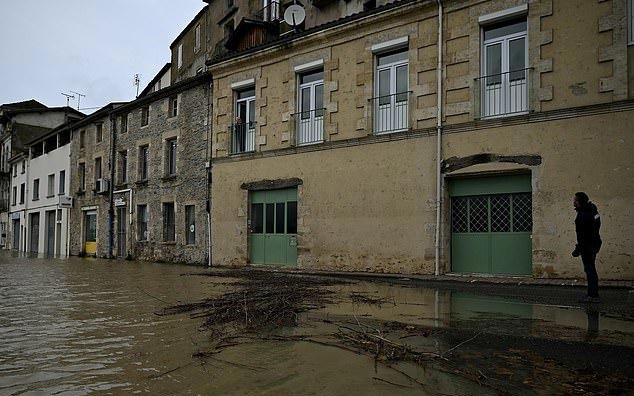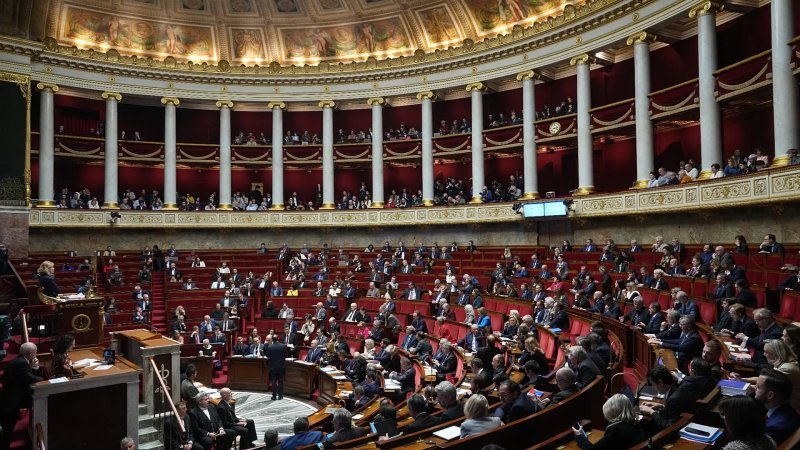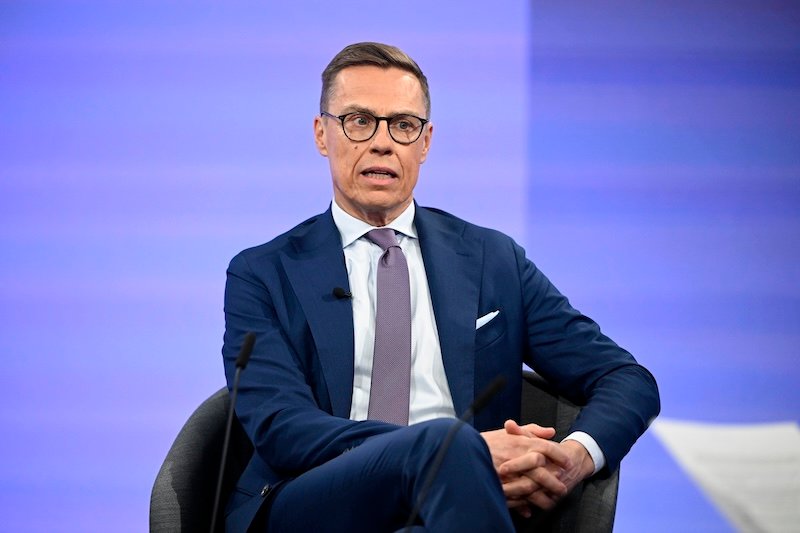Paris, October 15, 2025 – The Europe Today: France’s reappointed Prime Minister Sébastien Lecornu has announced a major policy shift, proposing the suspension of the controversial 2023 pension reform until after the next presidential election, in an effort to ease political tensions and restore public confidence following months of unrest.
According to media reports, the proposed plan would freeze the retirement age and contribution requirements until January 2028, marking a sharp departure from the previous government’s approach that triggered widespread protests and strikes across France last year.
Suspension Terms and Financial Impact
Under the proposal, the current legal retirement age and required contribution period of 170 quarters would remain unchanged until at least early 2028. Lecornu acknowledged the significant financial implications of the move, estimating a cost of €400 million in 2026 and €1.8 billion in 2027. However, he emphasized that the suspension “cannot come at the price of a higher deficit” and would require corresponding fiscal adjustments to offset the impact. Approximately 3.5 million French citizens are expected to benefit from the proposed suspension.
Political Reform and Democratic Commitments
In a notable political gesture, Lecornu also announced that his government would abandon the use of Article 49.3 of the French Constitution — the mechanism that previously allowed the pension reform to pass without a parliamentary vote.
“I will no longer use Article 49.3. Debates will go to the end, to the vote,” Lecornu declared, calling this decision “a true rupture” in France’s political practice.
He further unveiled plans to convene a national conference on pensions and work, bringing together unions and employers to reach a broad social consensus on future pension reforms.
Broader Institutional Reforms
Beyond the pension issue, Lecornu addressed broader institutional reforms, particularly regarding France’s overseas territories. He announced that a constitutional amendment for New Caledonia would be presented before the end of the year, allowing residents to be consulted in spring 2026. Lecornu described the measure as “an urgent step to preserve peace and stability” in the French Pacific territory.
Additionally, the French government will move forward with constitutional projects for Corsica and introduce a new decentralization law by December aimed at strengthening local governance and empowering regional administrations.
The proposed policy reversals and reform agenda mark a decisive effort by Prime Minister Lecornu to stabilize France’s political landscape, restore social dialogue, and address long-standing institutional challenges ahead of the 2027 presidential election.

